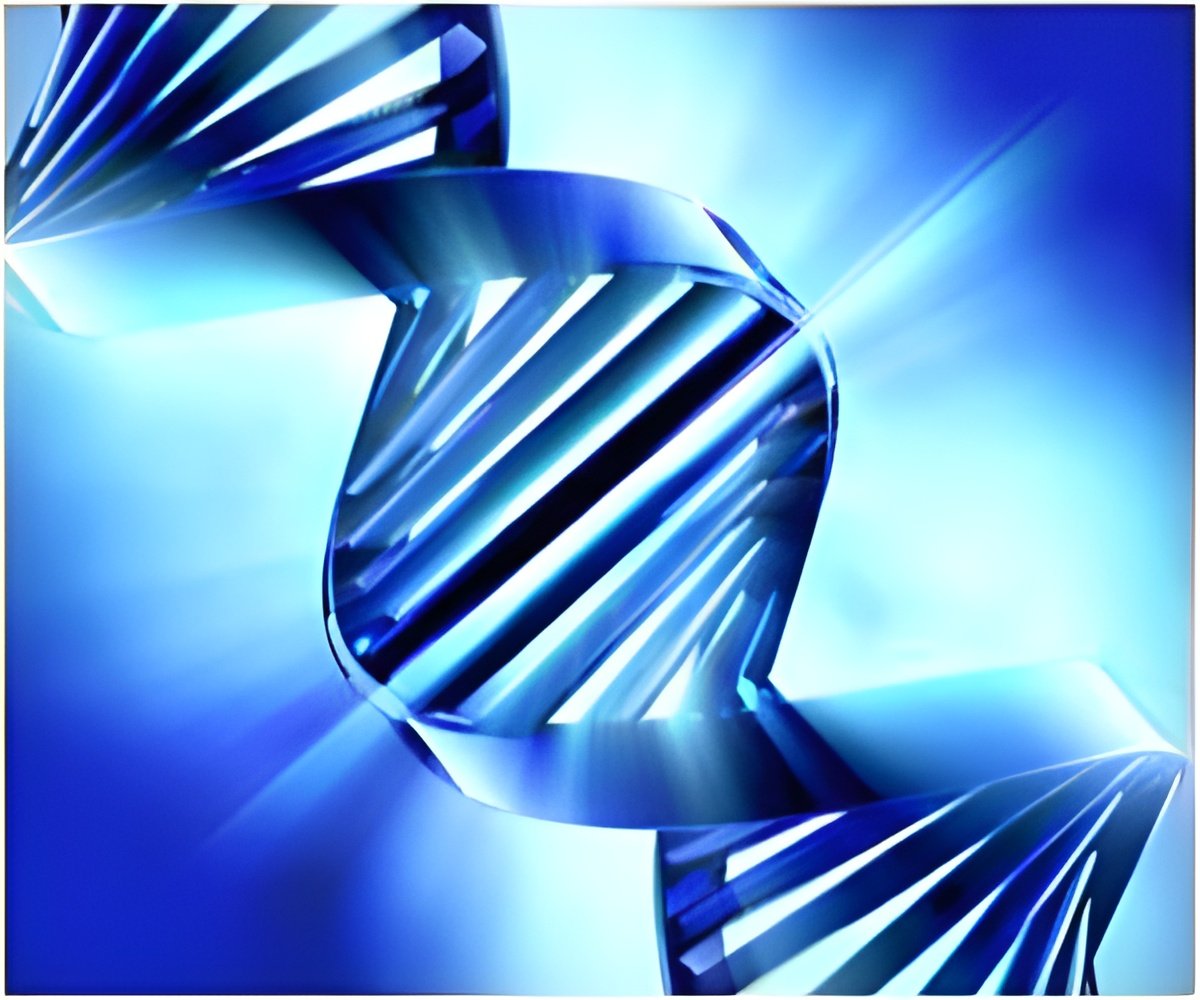Australian researchers seem to have identified the process by which tumour-suppressing genes are silenced. The discovery has great therapeutic potential, it is said.

DNA methylation has been proven by research to be manifested in a number of biological processes such as regulation of imprinted genes, X chromosome inactivation, and tumor suppressor gene silencing in cancerous cells.
“Methylation sits on top of our DNA, and provides the instructions to turn the gene off,” explains study co-leader, Dr Megan Hitchins, from UNSW’s Lowy Cancer Research Centre.
In one well-known cause of hereditary cancer, changes in the cancer-prevention gene MLH1 are passed from parent to child creating up to 80 percent risk of developing bowel, uterine and other cancers. However, some families with hereditary cancer have no spelling mistakes in MLH1, but instead have methylation sitting on the gene.
“When the methylation attaches to the MLH1 gene in these families, it causes it to be completely switched off and as a consequence cancer develops,” says study co-leader and head of the adult cancer program at the Lowy Cancer Research Centre, Professor Robyn Ward. “But until now, we did not understand how these methylation tags were being passed from parent to child.”
“In this family, biochemical tags attached to the MLH1 gene were present in all three generations. This was intriguing since these markers are usually removed during the production of eggs and sperm,” Dr Hitchins said.
Advertisement
The methylation was cleared away in the sperm and eggs and then recreated in each new generation, the researchers said.
Advertisement
The team is also exploring the use of certain drugs to clear away the methylation in cancer to switch the anti-cancer genes back on again. In the future these drugs may be used to create a more targeted approach to cancer treatment and possibly prevention.
style="mso-special-character: line-break">
Source-Medindia







